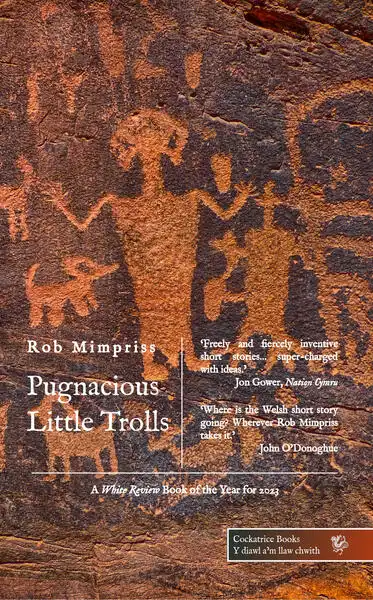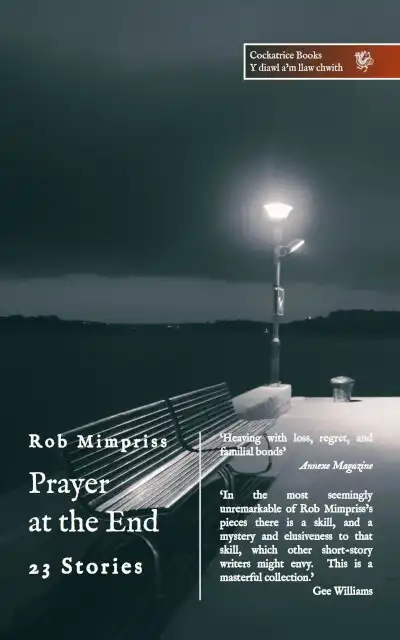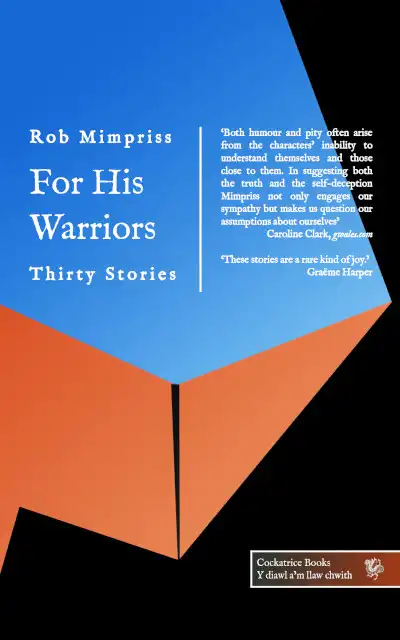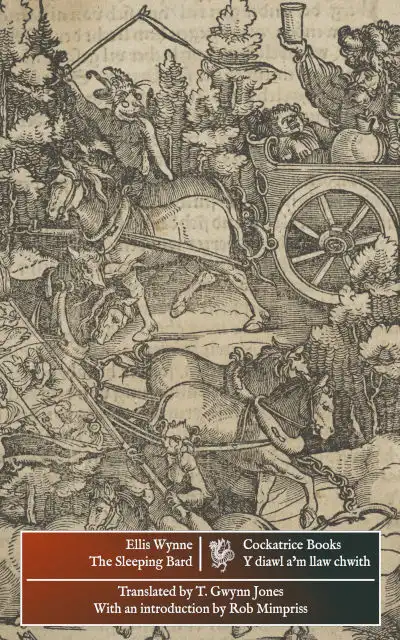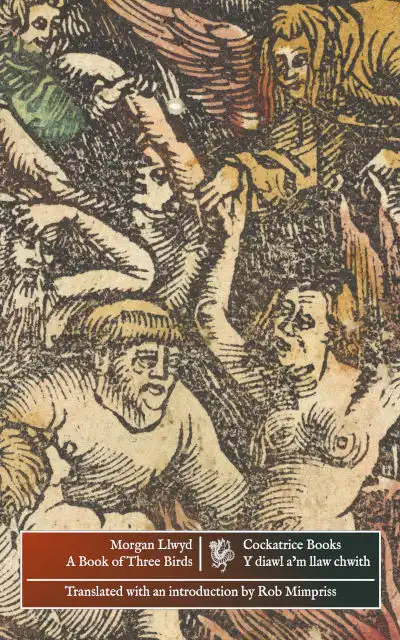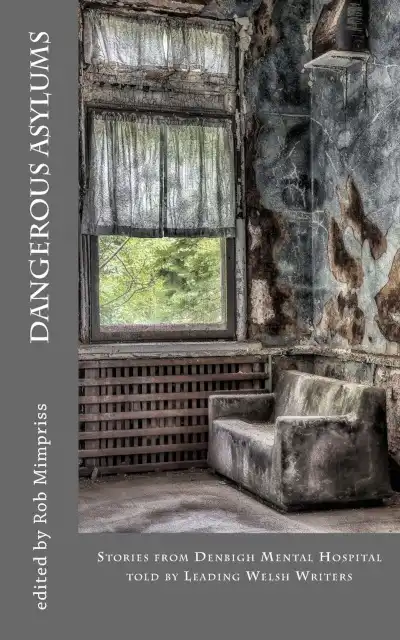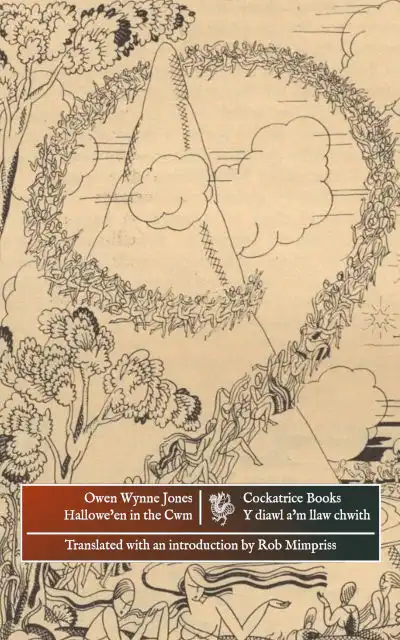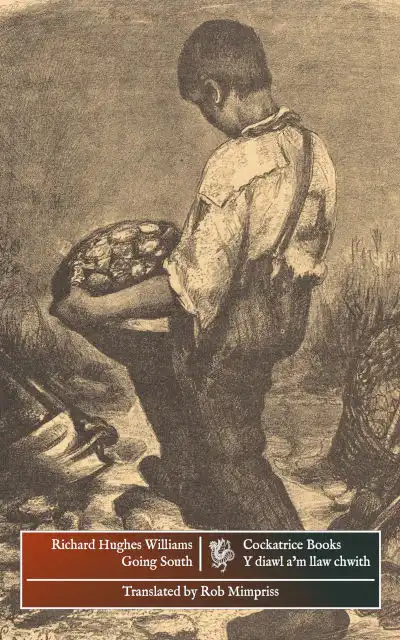Dangerous Asylums
In the video above I am interviewed by Caroline Stockford of New Welsh Review in my role as Artistic Coordinator of the North Wales Mental Health Research Project, a collaboration between leading writers and mental-health professionals in Wales, inspired by the stories of Victorian and Edwardian patients at the former asylum at Denbigh.
Stories by Glenda Beagan, Carys Bray, Simon Thirsk, A. L. Reynolds, Gee and David Williams, and myself were excerpted in New Welsh Review 104, and subsequently anthologied, along with additional stories by Manon Steffan Ros and Elaine Walker, as Dangerous Asylums: Stories from Denbigh Mental Hospital told by Leading Welsh Writers. The anthology was reviewed by Nigel Jarrett for Wales Arts Review, while Jim Perrin supplied an introduction to the project website.
Writer on Tour
I have read and taught at events alongside Gareth Creer, Menna Elfyn,
Louise Fazackerley, Patrick McGuinness, Carol Rumens, Chrissy Williams, Eley Williams, John Fraser Williams, and others.
I have designed and taught on Creative Writing courses at B.A. and M.A. levels in universities in Wales and England, addressing international delegations on writing and the short story, appearing at festivals and retreats, working in prisons, teaching students from all walks of life, and arranging seminars and workshops for the wider public. As a Writer on Tour part-funded by Literature Wales I am available to perform at events throughout Wales and the wider U.K.



